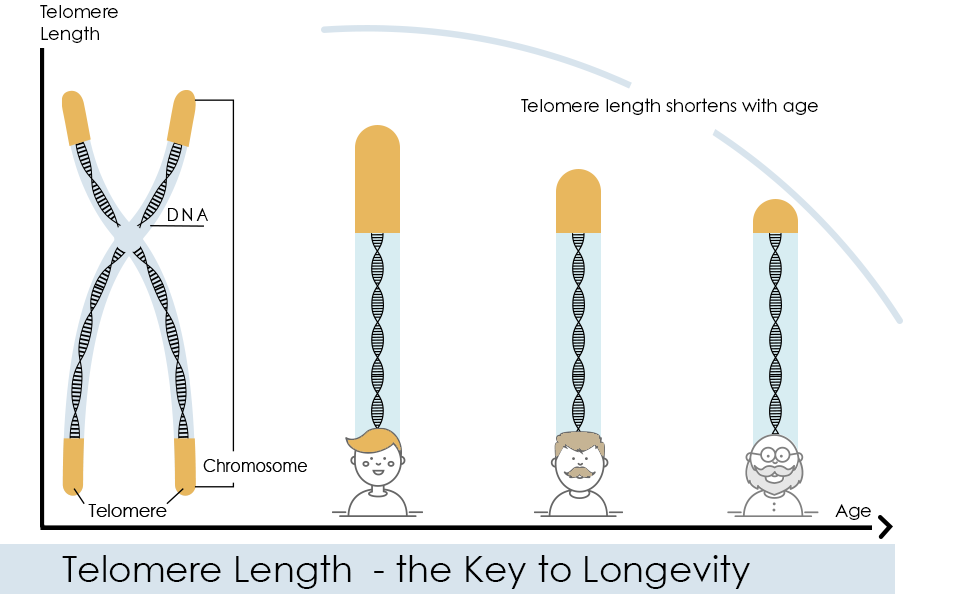Octopus can rewire their brain?
- Eshika
- Aug 11, 2023
- 2 min read

RNA editing isn’t limited to creatures of the deep but almost every multicellular organism has one or more RNA editing enzymes.
Octopus commonly called devil fish due to their appearance. Octopus are aliens or at least so some might think because of their genetic makeup, uncannily clever, with ability to open jars, solve puzzles and even use tools, changing color and skin texture to blend in surroundings, their three-fifth of neurons or nerve cells are in it arms no wonder some might think this creature is from another planet.
A huge discovery was the ability of the octopus to improve on its own genetic code. This is common in humans and other animals but the ability at which the octopus can edit its own RNA is pretty wild. RNA editing can cause divergence from the DNA instructions, creating some proteins that have different amino acids than specified in the DNA. RNA editing isn’t limited to creatures of the deep but almost every multicellular organism has one or more RNA editing enzymes. It happens in humans too and it affects the body in all kinds of interesting ways, on one hand it can help brain development but on other it can lead to a variety of diseases.
Scientists didn’t know for sure why octopuses are such prolific editors. There were debates whether this form of genetic editing gave them evolutionary arms or is just some accident until a recent study appearing in Cell on June 8 showed that the ability to recode their neurons was in response to temperature shifts. Unlike humans and other mammals, octopuses can’t regulate their own temperature so this RNA editing plays a role in protecting the invertebrate’s neurons from temperature fluctuation.
Researchers learned that cells have the capacity to swap one member of the four letter genetic code, Adenosine for Iosine, which behaves like Guanosine. Follow-up experiments suggested RNA editing may help the animals adapt to gradual changes but not to rapid ones associated with for example traveling from warmer surface to water down to cooler depths. Researchers also suspect that they use this RNA editing to adjust to change in many ways beyond acclimating to cold water.





Comments